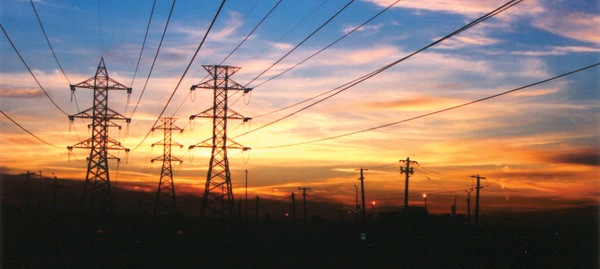Energy
Supplying and securing energy is a much higher priority for parties in 2010 than in 2005. Energy is mostly devolved but heavily influenced by external factors.
Waste-to-energy generation, using the discards of agriculture and food processing, is highlighted by the DUP. Wind, tidal and geothermal sources are also favoured. The party backs a 40 per cent renewable energy target but this should not “significantly increase” electricity bills. Stronger interconnection is supported, alongside extending the gas network.
Mechanical-biological waste treatment and anaerobic digestion with CHP is Sinn Féin’s preferred waste-to-energy solution. Nuclear is rejected; wind, wave, biomass and solar are favourites.
Full devolution of energy is demanded by the SDLP, which would promote micro- generation in rural areas. A single all-island energy regulator is proposed, as are social tariffs to assist older and disabled people. The party would work with Dublin and Edinburgh to develop tidal and wave technology.
Conservatives and Unionists recognise that Northern Ireland’s location makes energy security and price “pressing issues”. They support a local Green New Deal and plans to create a gas storage facility off the local coast. Nuclear power would be developed but with no public subsidy.
Alliance’s Green New Deal involves incentivising energy efficiency through lower rates and taxes, support for renewable heat and an EU-wide renewable energy ‘super-grid’.
Wind, wave, biomass and solar energy are the Greens’ priorities, alongside safe nuclear decommissioning. The TUV favours wind, solar, hydro and nuclear – but mistakenly also labels the latter source as renewable.






